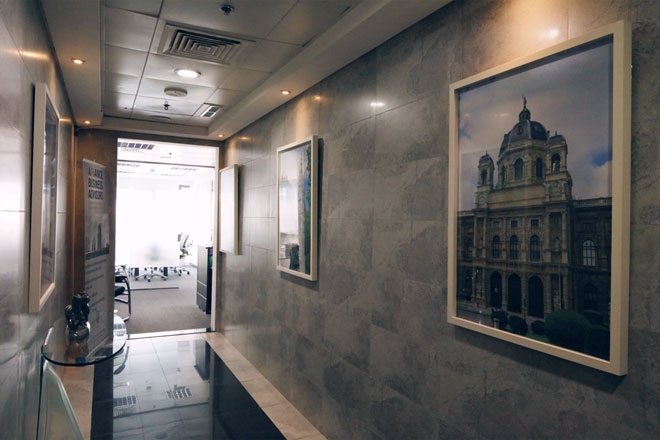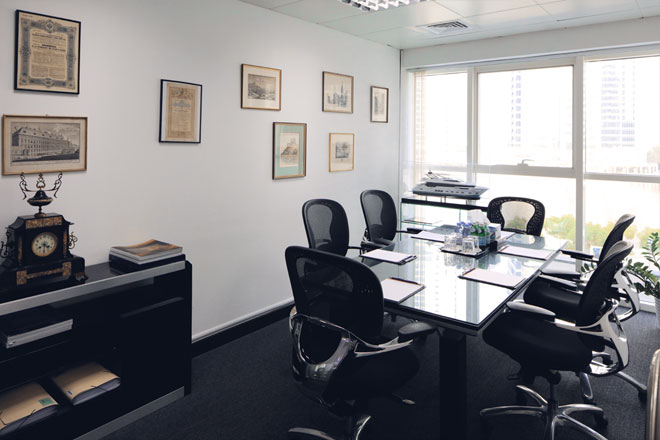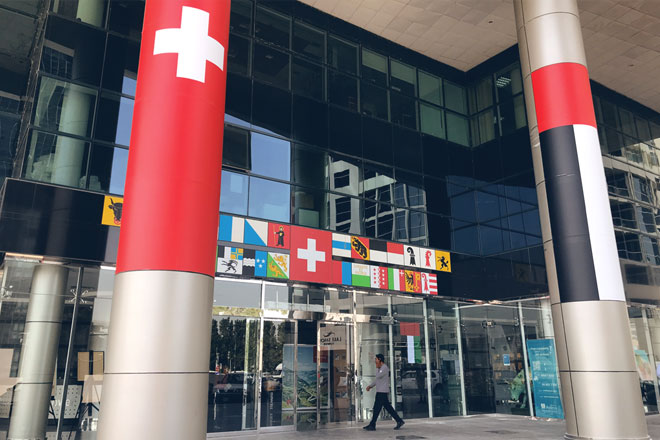
The most popular cities in the Middle East, Dubai and Abu Dhabi have taken over Kuwait, Riyad and Jeddah and have been recently voted by the Economist as the safest cities in the Middle East region.
On a global scale the Tokyo City ranks as the safest city for life and work. However, since we live in a technologically advanced world, the actual violence, albeit its extent substantially decreasing is not the sole root cause of all trouble.
Terror and cyber-attacks are unfortunately common these days causing a major concern to highly populated cities, whether it is a terror attack or a major disruption of traffic, air transport and other means of transport and/or communication targeted by hackers.
Thus, the Economist Intelligence Unit considered the common criteria of personal and infrastructural safety of all cities and concluded that globally, Tokyo, fits almost all criteria of safety and security, eg. Sanitation, health care, pollution, traffic management etc.
However, the unsuccessful management of natural disasters is still taking its toll on the country and due to the country’s high population, the intermittent earthquakes seem to have inevitable and harmful effects on population.
On the other hand, Amsterdam is deemed the safest city for cyclists due to cyclists’ road behavior, bicycle facilities and government promoting cycling as the greenest and safest means of transportation.
Overall, as the study of Robert J. Sampson (prof. of Social Sciences, Harvard) shows, that the more immigrants in the city , the safer the city, it is still debatable, however Dubai and Abu Dhabi are examples giving strong evidence to the Sampson’s study.
Such status of Dubai and Abu Dhabi evidently confirms that the economic development of the country is going according to the strategic long-term plans and UAE continues to attract a number of people from various countries of the world who come to UAE to live as well as to successfully make business in highly business-friendly and safe environment.









